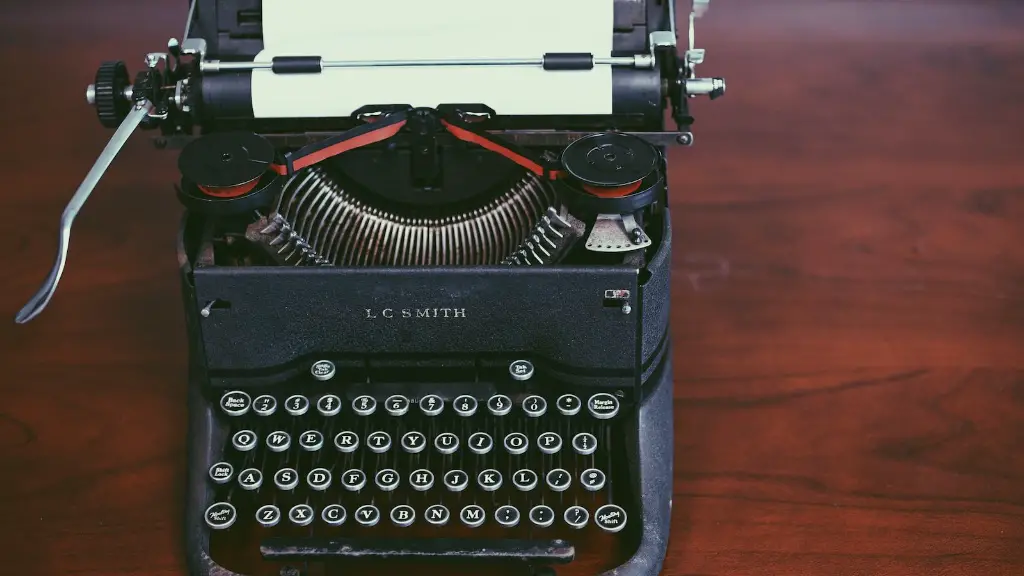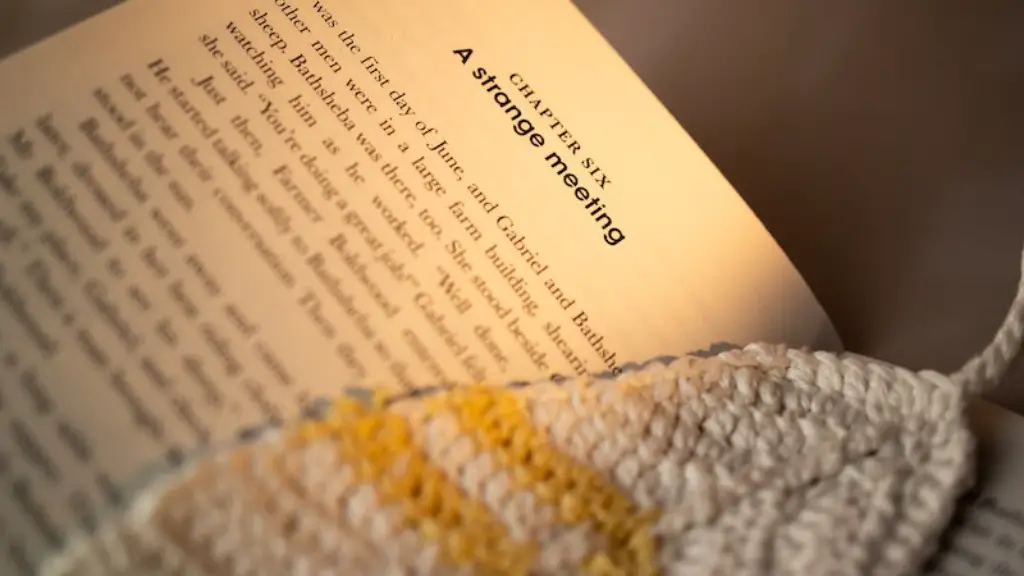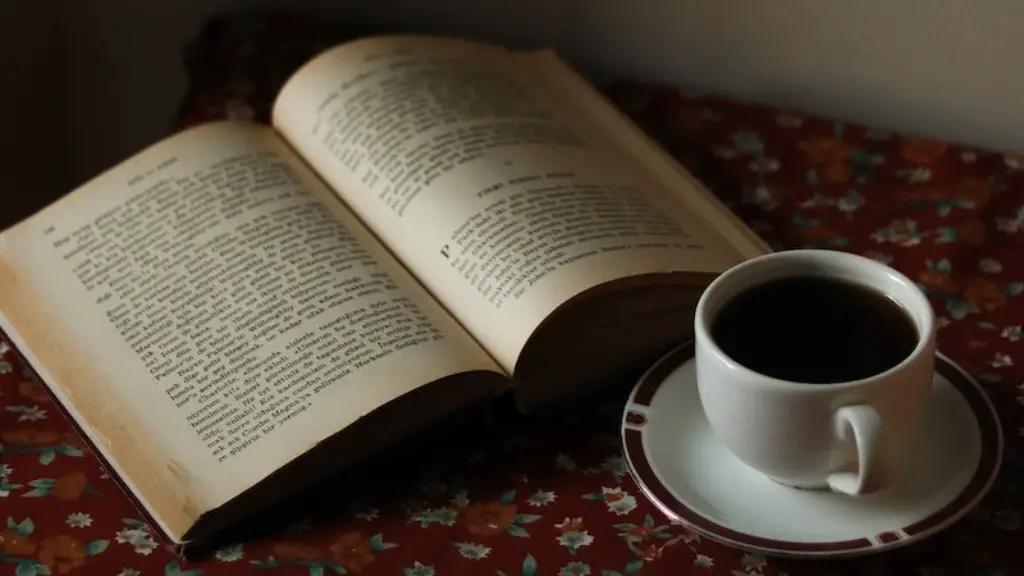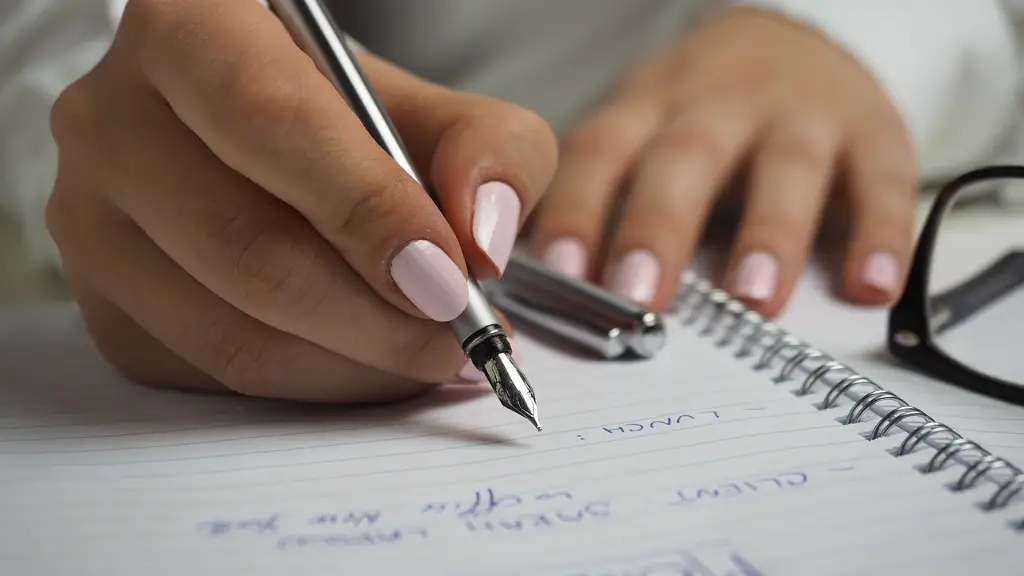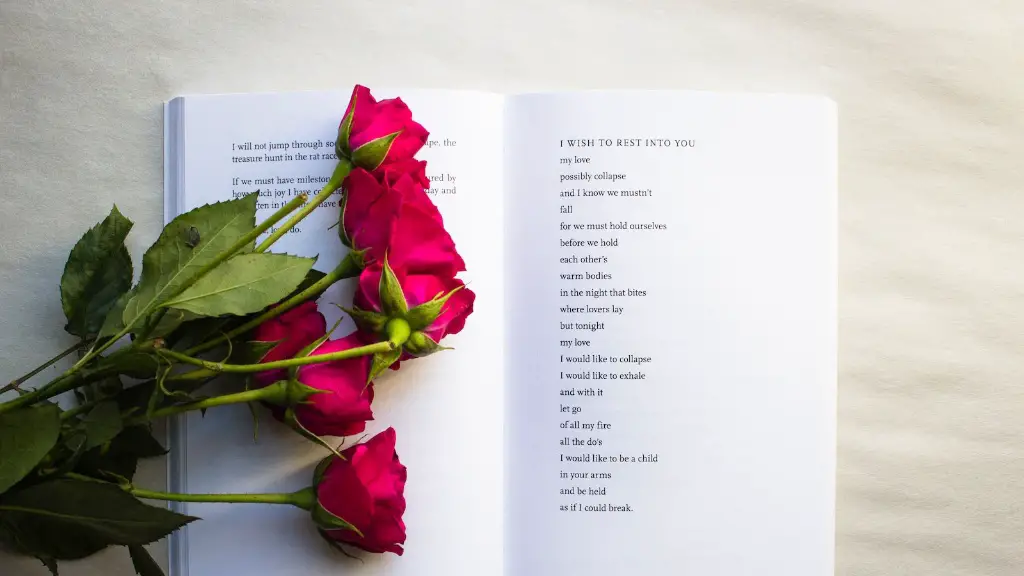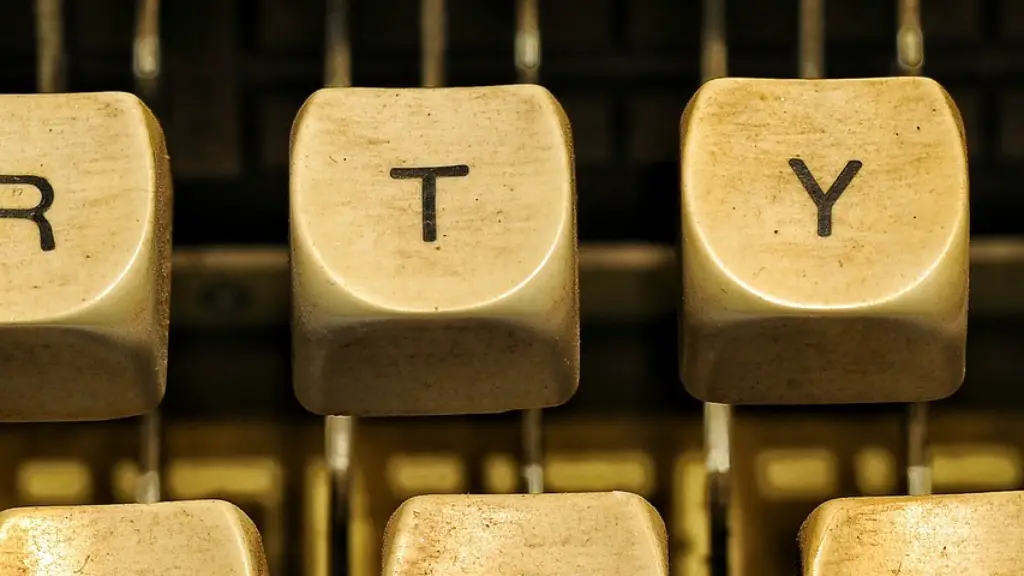What is Feminist Poetry?
In recent years, the term “feminist poetry” has become more popular in the literary world. Although the concept of “feminism” has been around since at least the suffragette movement of the early 1900s, feminism in poetry has become a popular subject matter for discussion in the past decade. At its core, feminist poetry is poetry that speaks out about the injustices facing women and other marginalized gender identities and strives to make a positive change in the world.
In the modern era, feminist poetry has been called on to discuss topics such as body image, sexual assault, gender roles, and the subjugation of women in society. Through the utilization of literary devices such as metaphor and simile, feminist poets can express their power and voice in an effective and poignant way that speaks to the injustices they face daily. This poetry has the potential to inspire and empower others, leading to tangible change in the world.
At its most fundamental level, feminist poetry strives to give a platform to women’s stories and to celebrate their successes. To be a feminist poet means to be a proponent of intersectional feminism – meaning that one must recognize the presence of different identities and experiences that can intersect with gender and shape a person’s experience. This type of poetry aims to broaden the scope of literature and to open up the gates to a diversity of experiences being written about and celebrated.
It is important to note that feminist poetry does not always have to be political in nature. A feminist poet can choose more abstract metaphors and language to explore topics such as female beauty, motherhood, and sisterhood. By foregoing the more obvious political messages, these poets can still be deeply meaningful and relevant, providing readers an emotional and thought-provoking experience.
Feminist poetry can also provide insight into the issues discussed by intersectional feminists, such as race and class, to create a consensus of support between artists and readers. By exploring the subtle nuances of feminism, poets can help normalize issues and encourage others to create change. Furthermore, by discussing topics and issues that are often “taboo”, feminist poets can help to break down barriers of silence and shame.
Overall, a feminist poem serves to both inspire and educate the reader, creating an emotional and inspiring experience in a poetic form. The power of this form of poetry lies in its ability to elevate the experiences of women and other marginalized genders and to provide an arena for discussion and understanding. As the literary and cultural landscape continues to evolve, feminist poetry will remain an essential and powerful art form.
Feminist Poets Through History
Feminist poets have been leaving their mark on the literary world for centuries. Female poets such as Mary Wollstonecraft, Emily Dickinson and Charlotte Perkins Gilman have been active participants in the feminist movement since the late 19th and early 20th centuries. These early feminist poets wrote about topics such as women’s rights and equality and they were active participants in the push to gain women’s suffrage.
In the 1970s and 1980s, feminist poets such as Adrienne Rich and Audre Lorde began to appear on the scene. These poets wrote about issues such as heteronormativity, racism, and the male gaze. They challenged the status quo, speaking out against the expectation of women to fit into the traditional roles set forth by society. Through their works, they strove to create an atmosphere of acceptance and understanding by advocating for the recognition and acceptance of different genders and orientations.
More recently, there has been a surge in the popularity of feminist poetry from writers such as Rupi Kaur, Elizabeth Alexander and Morgan Parker. These poets often focus on topics such as self-love, body positivity and sisterhood. Through social media and other online platforms, these poets have been able to reach a larger audience and spread their message with greater ease.
Today, feminist poetry is an ever-growing form of expression, with new writers and voices appearing and taking the literary world by storm. Many of these poets are fueled by the same passion and purpose as the feminist poets before them and are striving to create a more equitable and inclusive future.
The Role of Feminist Poetry in Contemporary Movements
Feminist poetry has become a powerful source of activism in contemporary social movements. Feminist poets are using their art as a platform to spread awareness and to advocate for change. These poets often receive greater attention on social media platforms, with their messages and words reaching millions of people around the world.
Feminist poets are utilizing their art to discuss the issues facing marginalized individuals and to challenge the patriarchal systems that keep them oppressed.By giving marginalized identities a platform to be heard, feminist poets are effectively dismantling stigmas and breaking down barriers of shame and silence.
Feminist poetry has become a rallying cry for movements, such as #MeToo and Black Lives Matter. It is being used to amplify the voices of those that are silenced and to raise awareness of the societal injustices being faced. It is also serving as a powerful source of inspiration, providing millions of people with a source of hope and a reminder of their individual power.
Feminist poetry has also been used to inspire and encourage the pursuit of political power. Poets such as Cleo Wade and Warsan Shire have written about the importance of voting and the potential for political change through the exercise of the right to vote.
Overall, feminist poetry is an effective reminder of the power and importance of activism and advocacy in the fight for gender equality. Through its words, it has provided an outlet to discuss oppressive systems and to strive for a more equitable and inclusive world.
The Impact of Feminist Poetry
Feminist poetry has the power to enact real change in the world. By inspiring and empowering individuals, feminist poets can actively work to initiate tangible change in society. This form of expression has the capacity to shift the way people think and view the world, allowing them to gain a better understanding of different gender identities and the issues they face.
Feminist poetry is helping to revolutionize the literary world by celebrating unique identities and perspectives. By discussing topics that are “taboo” in society and by breaking down barriers of silence and shame, feminist poets are encouraging an open dialogue about topics such as gender, sexuality, race and class.
Furthermore, feminist poetry can create a consensus of support between writers and readers, with the words and experiences of feminists connecting more people around the world. As the popularity and appreciation of this type of art continues to grow, so too does its potential for inspiring change and for creating a more equitable and inclusive future.
The Challenges Faced by Feminist Poets
Despite its potential for advocacy and activism, feminist poetry has faced criticism from those who argue that poetry is too abstract and that its messages are not always clear. This criticism is often underscored by the long-held belief that poetry is an elitist art form and not suitable for those outside of the literary world.
Feminist poets are also faced with the challenge of remaining true to their message while trying to make it appealing to a widespread audience. The challenge of staying true to one’s message while also making it accessible to a wider audience has left some feminist poets at a crossroads, hesitant to compromise on their values and beliefs.
Moreover, some writers feel that they are not taken seriously due to their gender or identity. Despite the growing platform of feminist poetry, mainstream media and publishers unfortunately still favor the works of male writers. This has caused the works of female and gender non-conforming writers to be seen as inferior by some of the literary world’s more traditional gatekeepers.
All of these challenges have the potential to create a lack of motivation amongst poets, with some feeling as if their words are not appreciated or valued. This lack of recognition has the potential to prevent these writers from utilizing their platforms to create meaningful change.
Conclusion
In conclusion, feminist poetry is a powerful form of expression that has been used to discuss, educate and inspire change. Despite its potential, it still faces the challenge of being taken seriously by the traditional gatekeepers of the literary world and of staying true to its message while seeking a wider audience.
Ultimately, feminist poetry is an essential and ever-evolving form of art that has the potential to create real change in the world. Through its words and messages, it provides a platform for marginalized identities and serves as a reminder that their voices matter.
